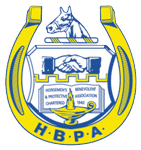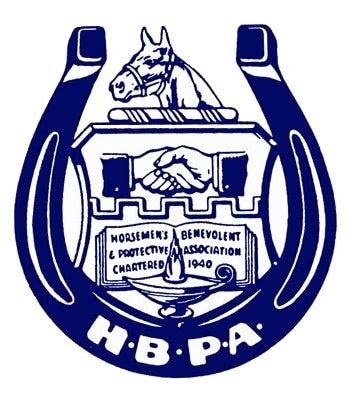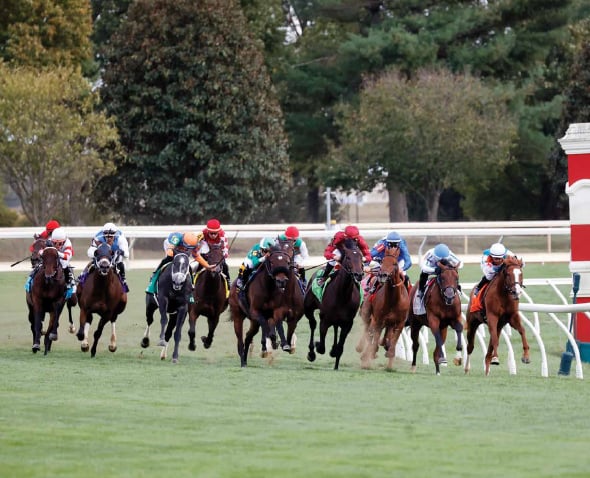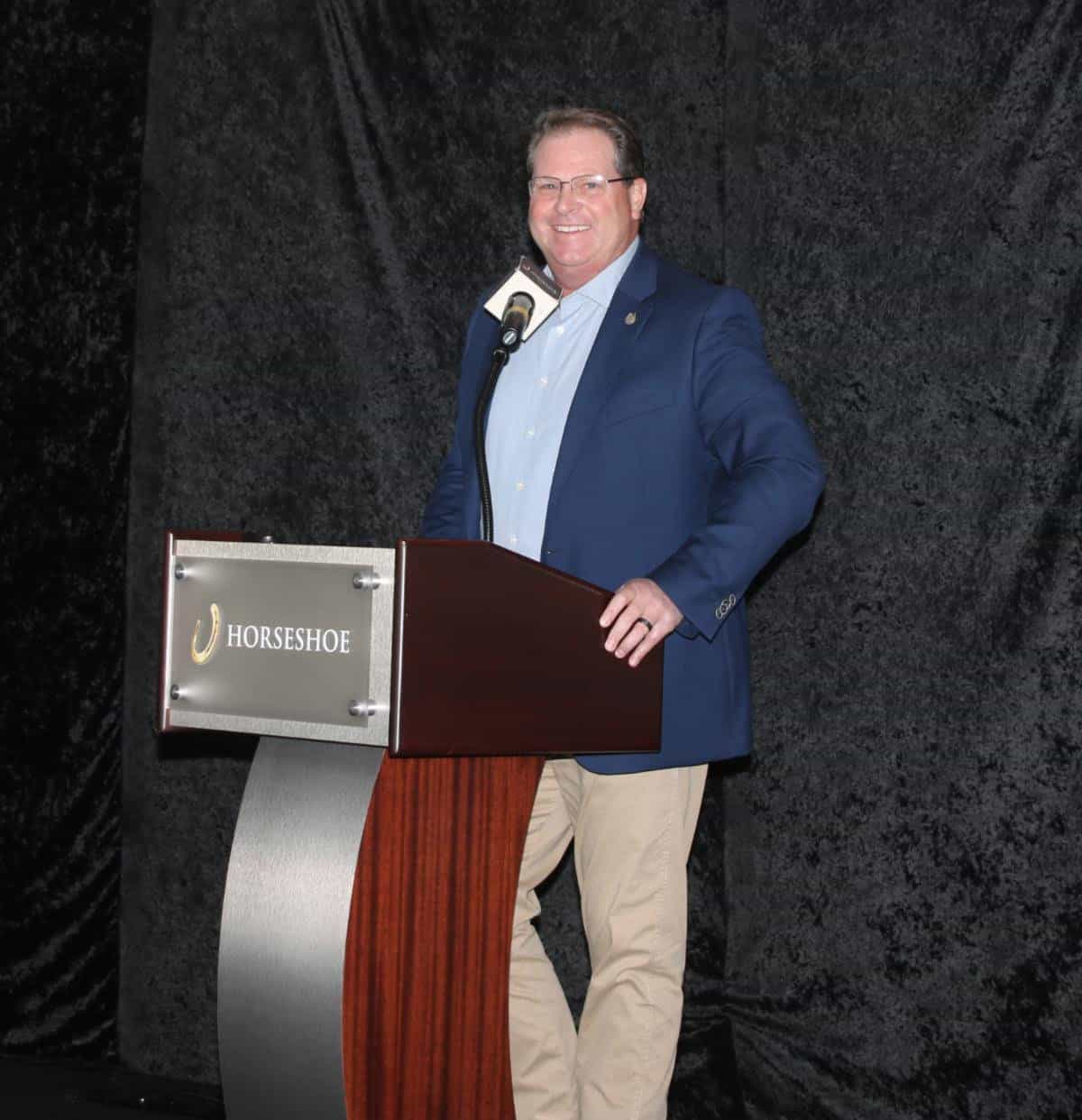Study: Pari-Mutuel Revenue Down 3.5% in 2014
Blood-Horse
Revenue for state government from the nation’s pari-mutuel industry dropped 3.5% in 2014 from a year earlier, according to a new report by a university system think tank.
While racetrack gaming operations nationwide saw modest gains in what they provide to states in the way of revenue, pari-mutuel revenue dipped to $140.5 million in 2014 from $145.6 million the prior year, according to the Nelson A. Rockefeller Institute of Government, a research division of the State University of New York.
While pari-mutuel revenue gains were experienced in Florida, New Jersey, and Illinois, there were declines in New York, Kentucky, California, Louisiana, Pennsylvania, and Massachusetts. More than 40 states get some level of tax revenue from pari-mutuel wagering, and the government revenue numbers provide a glimpse into the economic health of the industry.
The $140.5 million in pari-mutuel revenue nationwide compares with $18.1 billion from lotteries, $5.3 billion from casinos, and $3.2 billion from racetrack gaming facilities.
“Pari-mutuel betting, once the major source of gambling revenue for states, now represents less than 1% of such revenue,” according to the Rockefeller Institute study. A more detailed report on gambling revenue and impact of the Great Recession is due out by the think tank later this spring.
The report also illustrates clearly different ways in which states tax the pari-mutuel industry. Florida reported the largest amount—$25.3 million—raised in pari-mutuel industry revenue in 2014, followed by New York’s $21.8 million and California’s $13.8 million. New York’s revenue was off 3.8% and California’s pari-mutuel revenue declined 5%, while Florida’s increased 8.1%.
Kentucky’s pari-mutuel revenue dropped in half, from $4.8 million in 2013 to $2.4 million in fiscal 2014. The “data alert” report did not provide specific state-by-state explanations for the revenue increases or decreases.
Overall revenue to all states for the major forms of gambling activities saw a one-year decline of 0.8%, after an adjustment for inflation. Lotteries were up 0.6%, casinos declined 1.4%, and racetrack gaming tax collections increased 1.5%. Some of the numbers were driven by expanded gambling opportunities, and others by state tax hikes on individual segments of the betting industry.
The revenue figures reported by the Rockefeller Institute cover taxes and fees paid by the industry to states and local governments.





